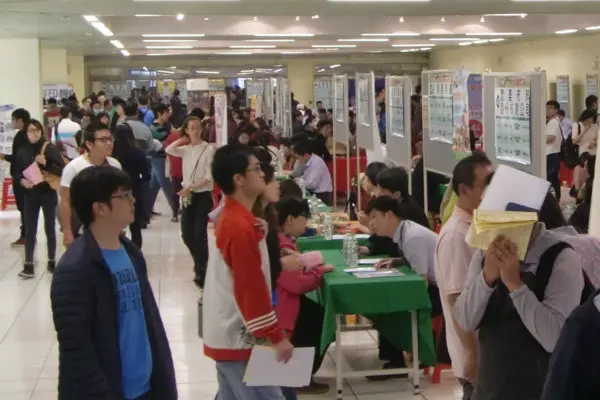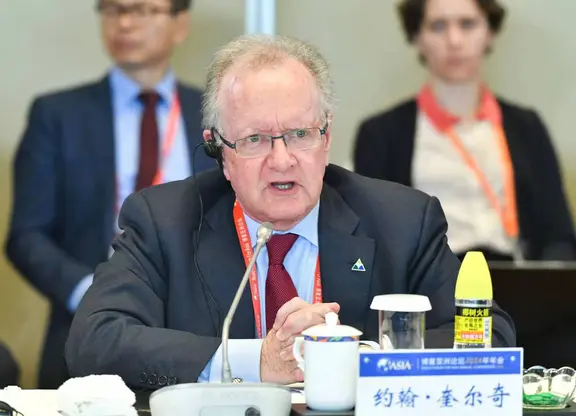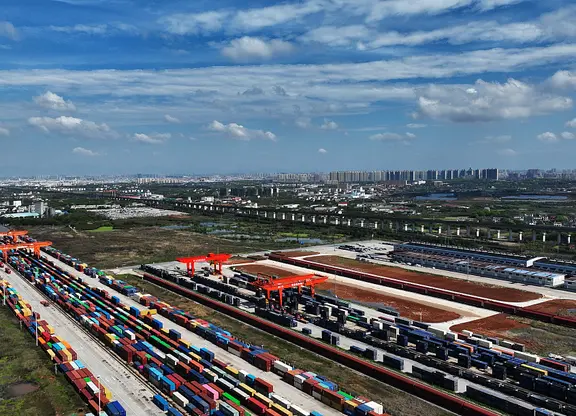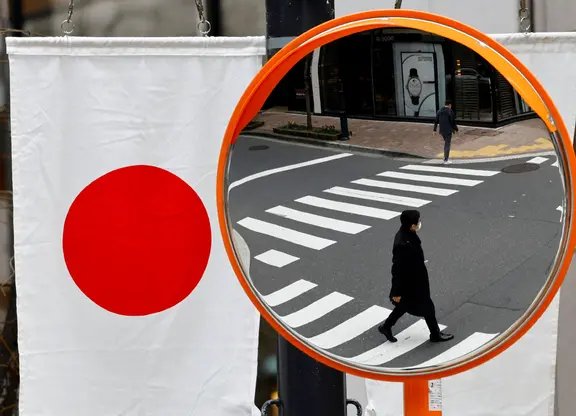Creating a learning society, openness and communication, and valuing knowledge and truth are three important ingredients for an innovative economy, Nobel Prize winner and renowned economist Joseph Stiglitz said Sunday.
Addressing the 25th Annual Convention of Chinese Association for Science and Technology, USA (CAST-USA), Stiglitz said an innovative economy can and should lead to advances in living standards, which are reflected in a civilian's life in every dimension, including life expectancy.
He noted that the first success in an innovative economy is creating a learning society, for which a good education system is essential.
He also pointed out that the "extraordinarily expensive" intellectual property rights (IPR) in the United States is to some extent curbing innovation, which is not helpful to creating a learning society.
"There are claims that more money is spent on lawyers than on researchers. That's not the way to create a dynamic, innovative economy," he added.
Besides, according to Stiglitz, openness and communication are also a key to a healthy innovative economy, which has been proved by China's achievements in reform and opening up since the late 1970s.
"You don't win by closing yourself off with protectionism and anti-migration policies," he said.
The Nobel laureate also noted the importance of valuing knowledge and truth in a society, such as respecting climate change in today's world.
"If we can't agree about what the reality is, we can't manage a complex society, we can't tell what is fair and what is unfair because we don't know what's happened," said Stiglitz.
Founded in 1992 in New York City, CAST-USA is a non-profit American Chinese organization dedicated to promoting understanding between Americans and ethnic Chinese in the United States.
(ASIA PACIFIC DAILY)
 简体中文
简体中文





















